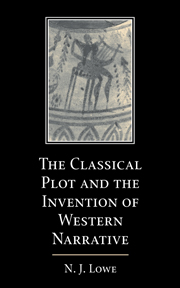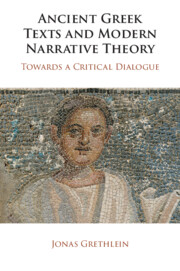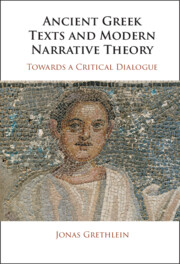The Classical Plot and the Invention of Western Narrative
This is the story of how Western literature first developed its distinctive taste for the kind of tight, economical plotting still employed in modern fiction and cinema. The book shows how this taste was formed in Greco-Roman antiquity out of a series of revolutions in storytelling, centered on Homer, early tragedy, Hellenistic comedy, and the Greek love-novels of the early centuries AD. Along the way, it draws on cognitive science and current literary theory to offer a resilient yet accessible new theory of what "plot" is and how it works.
- First book-length study of 'plot'
- New accessible but powerful theory of plot, surfing the new wave of theory bridging the gap between literary criticism and cognitive science
- Special studies of Homer, tragedy, New Comedy and the Greek novel offer new insights into the fundamental narrative poetics of each, backed up with detailed analysis
Reviews & endorsements
"A rare, even unique offering." Choice
"This book deserves attention from tose interested in deep structures of Greek and dependent literary traditions." Donald Lateiner, Ohio University
Product details
June 2000Hardback
9780521771764
308 pages
236 × 161 × 24 mm
0.56kg
9 tables
Available
Table of Contents
- Part I. The Classical Plot:
- 1. Approaches
- 2. A cognitive model
- 3. The narrative universe
- 4. The classical plot
- 5. Unclassical plots
- Part II. The Classical Plots:
- 6. Epic myth I: Iliad
- 7. Epic myth II: Odyssey
- 8. Dramatic myth: tragedy and satyr-play
- 9. Dramatic fiction: New Comedy
- 10. Epic fiction: the Greek novel
- Conclusion
- Glossary.





